Reading A Vacuum Gauge
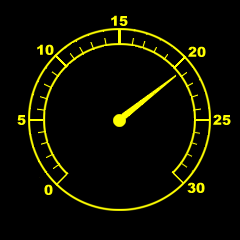
NORMAL: Steady reading of 17-21 inches when motor idling.
|
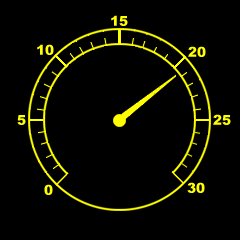 NORMAL: When throttle is opened and closed rapidly needle falls to 2 and swings back to 24 or 25, falling back to normal idle reading Indicates rings and valves ok.
|
|
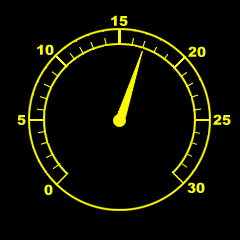 POOR RINGS: Motor idling, hand reading steady, but 2-4 inches lower than normal. This may also indicate poor or contaminated engine oil, late ignition timing, a leaky vacuum hose and a leaking gasket between the intake and carb or throttle body. Steady but very low (10-15 range) could indicate late valve timing.
|
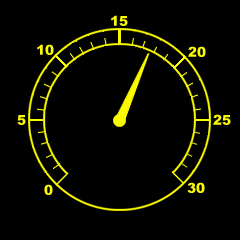 POOR RINGS/POOR OIL: When throttle is opened and closed rapidly needle falls to 0 and rises to only 24 or less.
|
|
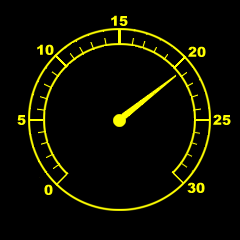 STICKING VALVE: Needle drops occasionally about 4 inches at idle speed. May also be caused by ignition misfire. Read the spark plugs.
|
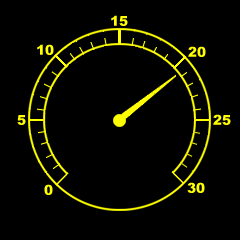 BURNT VALVE: Needle drops regularly by several inches at idle speed.
|
|
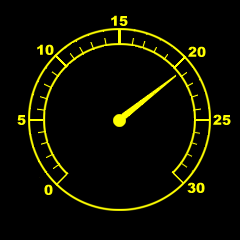
LEAKY VALVE: Needle drops 2-4 inches when valve should close. Short circuiting individual spark plugs will indicate cylinder in which the valve is defective when engine idling. |
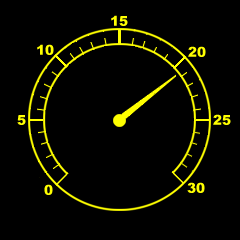
WORN VALVE GUIDES: Rapid fluctuation of needle between 17 and 21, when engine idling. Exhaust smoke may also be present. If engine speed goes up with fluctuation, check for a leaking intake manifold gasket, head gasket, weak valve springs, burned valves, or ignition misfire. |
If the needle moves slowly through a wide range, check for a clogged PCV system, incorrect idle fuel mixture or intake manifold gasket leaks.
A slight needle fluctuation, say one inch up or down, may mean ignition problems. Check all the usual tune up items.
If there is a large fluctuation of the needle, perform a compression test to look for a weak or dead cylinder or a blown head gasket.




